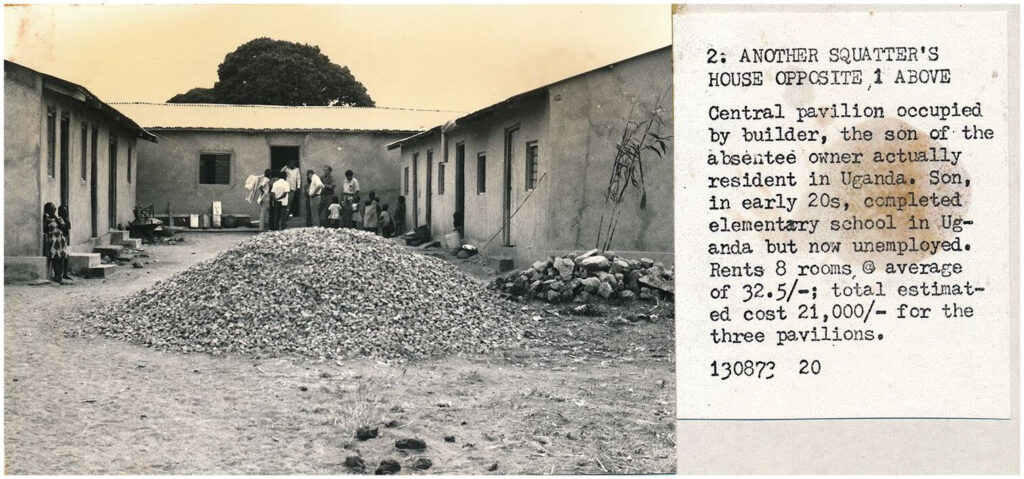Founded in 1986, the Society for American City and Regional Planning History (SACRPH) promotes scholarship on the planning of cities and metropolitan regions and bridges the gap between the study of cities and the practice of urban planning.
RECENT NEWS AND ANNOUNCEMENTS
SACRPH 2026 in Cincinnati – The 21st National Conference on Planning History:
CALL FOR PAPERS, PANELS, AND POSTERS

2026 SACRPH Awards Competition: Call for Nominations
The Society for American City and Regional Planning History (SACRPH) invites submissions for its 2026 biennial awards competition. Read more here.
Virtual Book Talks
As part of the lead-up to the 2026 Cincinnati Conference, we’re excited to revive our online conversation series featuring authors of recent and forthcoming books. These sessions will offer scholars the opportunity to discuss their newest research and give the SACRPH community a lively and insightful preview of the work shaping the field.
Panel 2: October 15th at 1:00pm EST (10:00am PST), via Zoom
Architecture, Infrastructure, and Regional Planning
Our second panel in the series is Architecture, Infrastructure, and Regional Planning. It will take place on Wednesday, October 15th at 1:00pm EST (10:00am PST), and will feature:
James Michael Buckley, City of Wood: San Francisco and the Architecture of the Redwood Lumber Industry (University of Texas Press)
Micah Rutenberg and Avigall Sachs, The Mechanized Landscape, Statecraft and Environment in the Tennesee Valley (Applied Research and Design)
Peter Ekman, Timing the Future Metropolis: Foresight, Knowledge, and Doubt in America’s Postwar Urbanism (Cornell University Press)
Register for the panel through this link.
Stay tuned for information about SACRPH’s upcoming virtual book talks in the fall.
If you have a book published or scheduled to be published in 2025 or 2026, and would like to be part of these conversations, we’d love to hear from you. Please reach out to Aaron Shkuda (ashkuda@princeton.edu) to express your interest.
Highlight from the Journal of Planning History:

Helen Gyger explores squatter settlements and self-built housing in
“The Vicissitudes of Expertise: John F. C. Turner versus the World Bank.”
John Turner’s role in the World Bank’s embrace of sites and services and squatter settlement upgrading projects in the 1970s, as the Bank sought to tackle uncontrolled urbanization, is well known, if not always well understood. Drawing on in-depth archival research, this article re-evaluates this relationship by examining key Turner publications, his correspondence with Bank officials, and the reports that they commissioned. Although Turner’s ideas, as selected and interpreted by the Bank, provided important theoretical support for its urban policies, Turner’s direct efforts to reshape those policies challenged many of the Bank’s core assumptions about how its programs should operate and were ultimately ignored.
I
Member Spotlight:
Andrew Goodrich, Architectural Resources Group, Senior Associate.
More of the latest updates can be found in the NEWS PAGES.
For the most recently listed opportunities, see the JOBS PAGE



